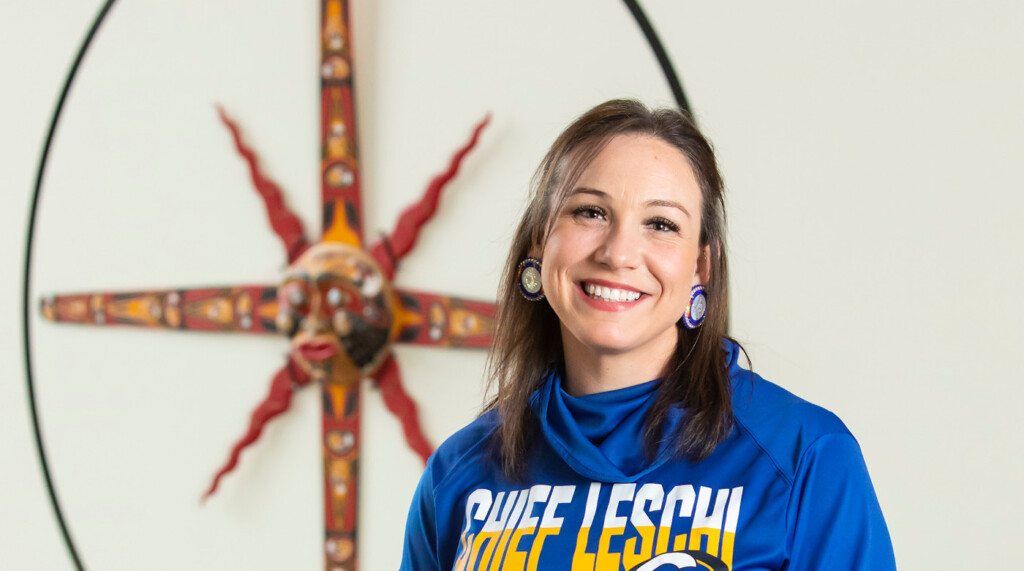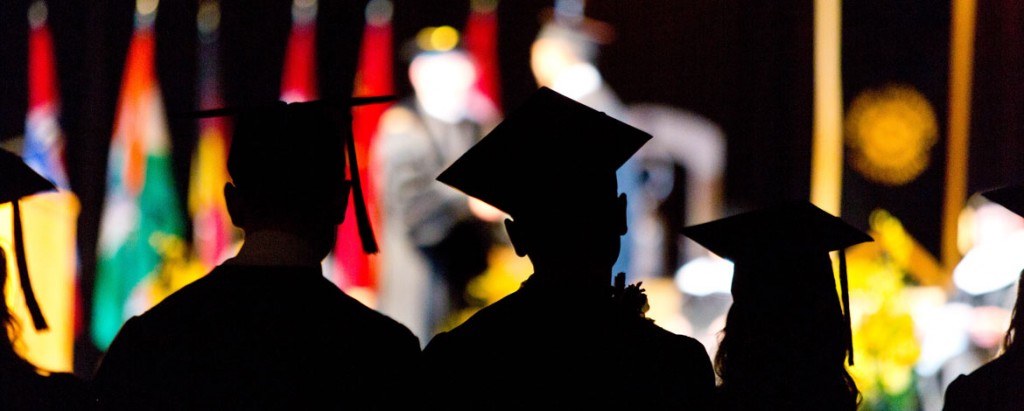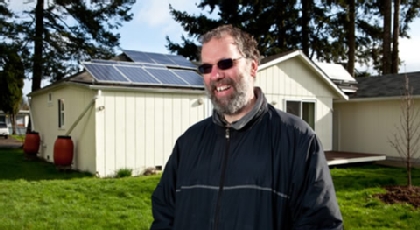Page 178 • (5,168 results in 0.05 seconds)
-

dovetailed with what Leavens describes as the “warm embrace” that is the Chief Leschi environment. “We are a close-knit school, and we treat each other with care,” she says. At a school devoted to teaching Native American children, it’s important that students feel connected to each other as well as to their culture. The school library is full of books written by Indigenous people about Indigenous people. Students are invited to drum or dance during twice-weekly circle times. Tribal elders visit to tell
-
-Wilson, Department of Marriage and Family Therapy Preparing Clinicians Using Feedback Informed Treatment Tools April 2015 Craig Cornwall, Department of Art & Design Critiquing with VoiceThread March 2015 Gary Mahon, School of Nursing Exploring Software Apps for Nursing February 2015 Scott Rogers, Department of English WordPress for Blogs and Portfolios January 2015 Fabio Ambrosio, School of Business Instant Feedback with Online Polls December 2014 Heidi Schutz, Department of Biology Collaborative
-

“authentic relationships” and advocate for change. Hofrenning said the most challenging part of his time at PLU will be stepping away from the community he’s been so grounded in the past several years. “Stepping back from academia and letting go of this community is definitely a process,” Hofrenning said. “You can make such deep connections here, meaningful and important relationships. How do you close those up?”Takara Mitsui, nursing major Takara Mitsui '17 By Brooke Thames ’18 “Balance” takes on a
-
Formal complaints are defined as student, faculty, or staff complaints that are submitted through the SoN or the University’s formal grievance, complaint, or other reporting processes such as through Human Resources. Student Concerns The SoN maintains a petition process for students who are requesting an exception to policy, permission to step out of the nursing curriculum sequence, to address professional conduct issues, or to dispute a grade. Policies regarding student concerns or grievances
-

throughout my time at PLU and during the application process to medical school after graduation. I attribute my development as a scientist to Dr. Nervo. I spent two summers researching in her lab, learning an incredible amount, and having a lot of fun. Specific skills such as reading journal articles and interpreting dense figures have helped greatly in medical school. Dave Harvey is one of the biggest reasons I loved rowing at PLU. His coaching helped me develop confidence and approach challenges with
-
the microbial communities that live in the tree canopies of local Pacific Northwest forests. Soils collect in the small nooks high above the ground, and she’s conducting genetic analysis of the microbes that live in those soils. She, too, works closely with student researchers on the project – she finds essential the work they do as part of a team. At the same time, she also knows that her work entails more than simply conducting research or teaching classes. “In the lab, as I see it, I have two
-
by that? Cary Nelson: I have always spoken what I think to be the truth and not everyone loves me for it. But anger is for me a valid response to injustice. You should feel fueled by injustice and want to do something about it. It was about 20 years ago that I started interviewing part-time faculty around the country. I met a lot of part-time faculty, especially in the big cities on the East Coast, who had been teaching at under $1,000 a course with no health care, no vestment in a retirement
-

Froschauer) Tegels, university organist and music professor, humbly underscores his efforts of sustainable living, saying he doesn’t have to go out of his way to do the right thing. “I don’t live far from campus, so it’s not that much of an effort,” he said. “It seems like the right thing to do that you take care of the Earth.” A native of the Netherlands, Tegels hails from a small town in the southeastern part of the region, called Ottersum. He developed an affinity for music early in life, learning the
-

, whether wearing naturally curly, in poofy ponytails or woven into braids or cornrows. As a mom, Lucas encourages her adventurous daughter to embrace her natural hair texture and hairstyles. Lucas’s capstone also delves into problems in social work, citing research that indicates most white social workers and transracial foster and adoptive parents were ignorant about Black hair care needs. She notes some advances—for example, some salons are teaching adoptive and foster parents how to care for a
-
top 10 percent have really pulled away from the rest of us.” And this pulling apart of the economic classes hasn’t been repeated in other developed countries, he noted. It’s an American phenomenon. Globalization and the rise of the economies in Southeast Asia hold some of the answer, he said. But not as much as you might think. Much of the change of socio-economic conditions can be traced to the money following those with the highest technical skills, Lindert said in a recent interview
Do you have any feedback for us? If so, feel free to use our Feedback Form.


